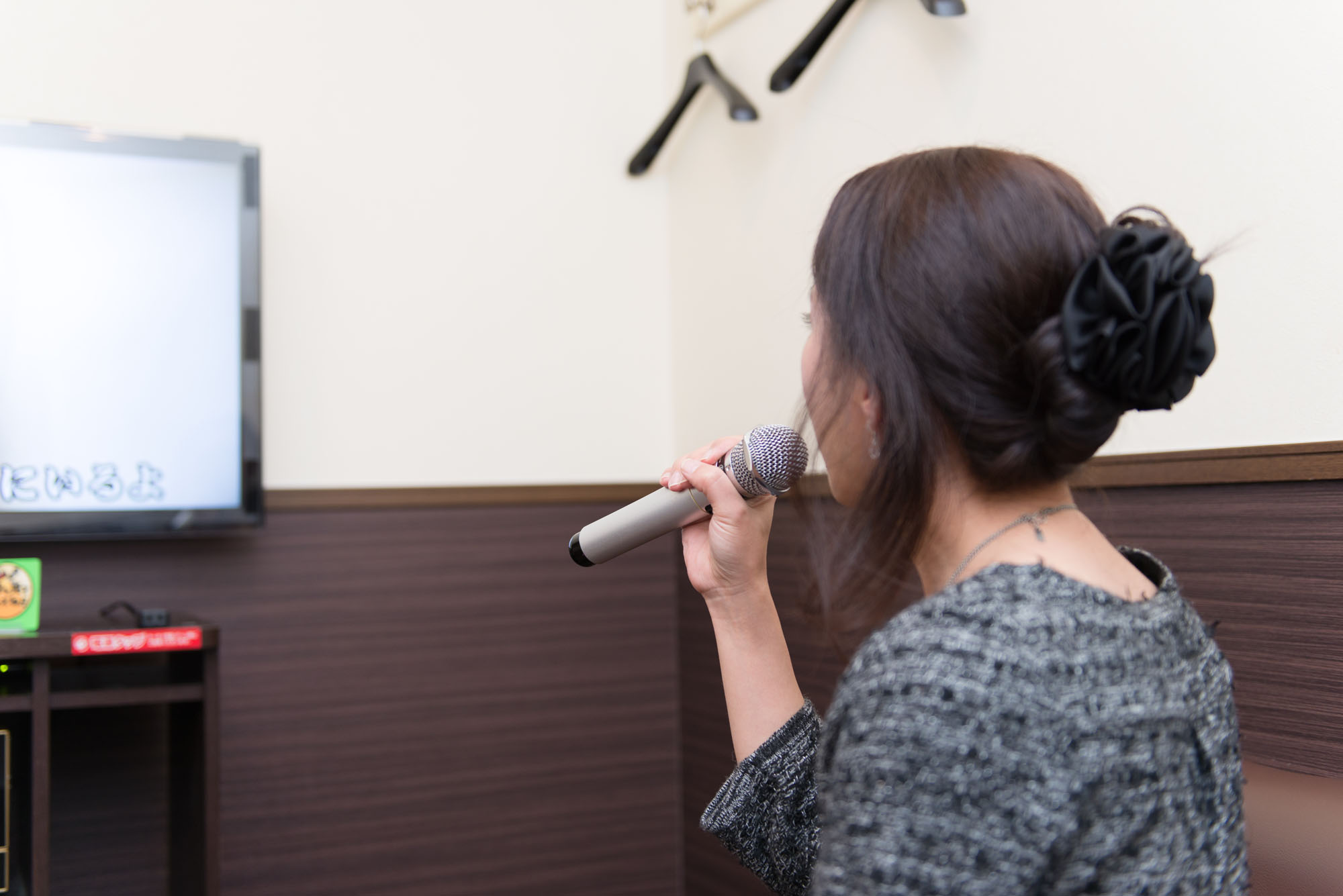カラオケ (karaoke) is one of the greatest ways to learn the Japanese language. Karaoke forces students to "do" the whole spectrum of language: Read 歌詞 (kashi, lyrics) on the screen, listen to others sing and, if they have the guts, sing the songs themselves, cementing many vocabulary and grammar lessons they've learned in the process.
演歌 (enka, traditional Japanese ballads) is one of the most important genres of karaoke music in Japan, and while you may groan and think me an おやじ (oyaji, old man) for suggesting it, enka songs offer great language lessons and also provide interesting insight into how the Japanese conceive of love.
The term enka comes from an abbreviation of 演説歌 (enzetsuka, oratorical songs), which began as a cappella, antigovernment protest songs in the 1880s. In her excellent study of enka "Tears of Longing: Nostalgia and the Nation in Japanese Popular Song," Christine Yano calls enka as a genre of music an "invention."

















With your current subscription plan you can comment on stories. However, before writing your first comment, please create a display name in the Profile section of your subscriber account page.